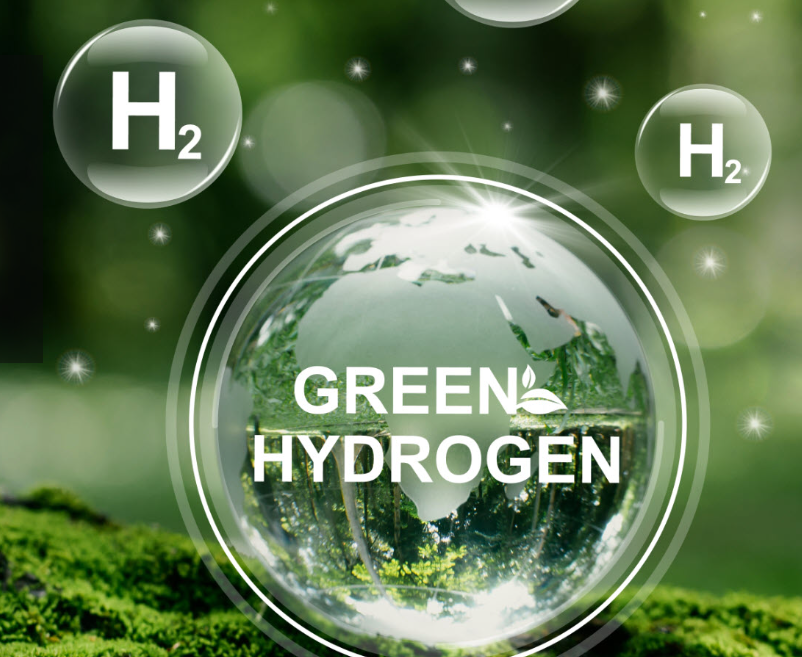Prize-winning technology
University departments triumph in the Royal Society of Chemistry’s 2024 Emerging Technologies Competition with H2Upgrade, a solution for converting industrial waste into high-purity hydrogen.

Technology developed by two departments at the University of Cambridge to tackle some of the biggest challenges faced by humanity has won a prominent research prize.
The joint project between the Department of Chemical Engineering and Biotechnology’s (CEB) Dr Ewa Marek and the Department of Engineering’s (CUEB) Prof. Stuart Scott won the Energy Category of the Royal Society of Chemistry’s 2024 Emerging Technologies Competition for their work on H2Upgrade.
They were crowned earlier this month at the Royal Society of Chemistry’s iconic Burlington House headquarters in London after a nail biting final.
H2Upgrade, a collaboration between the university departments and Gas Recovery and Recycle (GR2L) Ltd., is a new technology which converts valueless industrial wastes into high-purity hydrogen, enabling the waste producing companies to become hydrogen producers and consumers, while promoting the hydrogen economy and distributed manufacturing.
Professor Stuart Scott, of the Department of Engineering, holds the trophy after H2Upgrade won the 2024 Energy award. Credit: Royal Society of Chemistry
Professor Stuart Scott, of the Department of Engineering, holds the trophy after H2Upgrade won the 2024 Energy award. Credit: Royal Society of Chemistry
Finalists had to convince a panel of industry heavyweights from some of the most prominent companies in the world that their innovations could tackle societal, environmental and economic challenges facing the world today while also delivering their planned approach to commercialisation.
H2Upgrade will share £100,000 of no strings funding and invaluable publicity to accelerate and grow their businesses with three other projects.
Dr Ewa Marek said: “We really believe in this technology, and it is both affirming and exciting to have colleagues and industry also recognising the groundbreaking potential of the project.
"It actually makes use of quite simple technology that provides a lot of versatility for different industries and uses and could mean that, in future, valueless industrial wastes would be a thing of the past.”
Dr Ewa Marek, who was unable to attend the ceremony, proudly displaying the award in her office within CEB
Dr Ewa Marek, who was unable to attend the ceremony, proudly displaying the award in her office within CEB
Professor Stuart Scott said: “The prize money is obviously a big help to us – we'll be using that to help us incorporate as a business, do more micro-research and help us find partners – but I think as well, there's the recognition.
"This gives us an opportunity to go out, get some traction and really speak to new partners and build the company. It's really great to win this award.”
Dr Helen Pain, CEO of the Royal Society of Chemistry, said: “Our Emerging Technologies Competition was started in 2013 to celebrate the very best of chemical science innovation while catapulting exciting ideas towards commercialisation.
“Since then, we’ve been blown away by the level of entries from entrepreneurs across the UK. Addressing everything from air quality to antimicrobial resistance, our chemists are truly working at the cutting edge and playing a vital role in tackling societal challenges, supporting a sustainable future and driving economic growth.
“It was a closely fought competition this year and I would like to personally congratulate all the winners and finalists on their success. Previous winners have gone on to raise millions of pounds in equity investment and grant funding, and I cannot wait to watch our 2024 winners go from strength to strength.”


